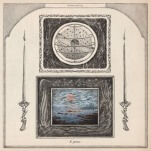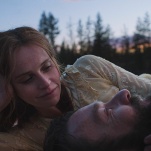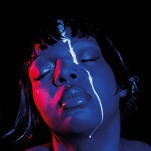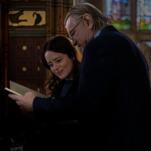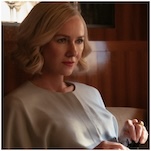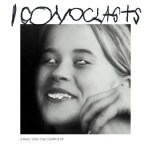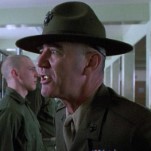Scoop Gives an Entertaining, Surface-Level Perspective of the Interview That Felled Prince Andrew

On the evening of November 16, 2019, royal watchers and news junkies alike tuned into BBC Two’s Newsnight as they served up an exclusive interview with Prince Andrew, Duke of York. Presenter Emily Maitlis sat across from the Prince at Buckingham Palace and grilled him on a range of topics, including his long-time friendship with convicted sex trafficker Jeffrey Epstein. What ensued over the course of an hour remains one of modern media’s greatest trainwrecks. Maitlis essentially let the Prince shame himself about his character choices regarding Epstein and the nature of his relationship with Virginia Giuffre, who accused the Prince of having underage sex with her.
After the program, just about everyone’s reaction was some variation on the same question: What could have possibly persuaded Andrew to participate in an interview that let him be his own worst enemy? Netflix’s new film Scoop attempts to explain that by revealing all the behind-the-scenes machinations of how Newsnight booker Sam McAlister (Billie Piper) landed the interview. It pulls back the curtain on the negotiations, and then portrays the final product that ultimately resulted in Queen Elizabeth retiring her son from public consumption in perpetuity.
-

-

-

-

-

-

-

-

-

-

-

-

-

-

-

-

-

-

-

-

-

-

-

-

-

-

-

-

-

-

-

-

-

-

-

-

-

-

-

-



